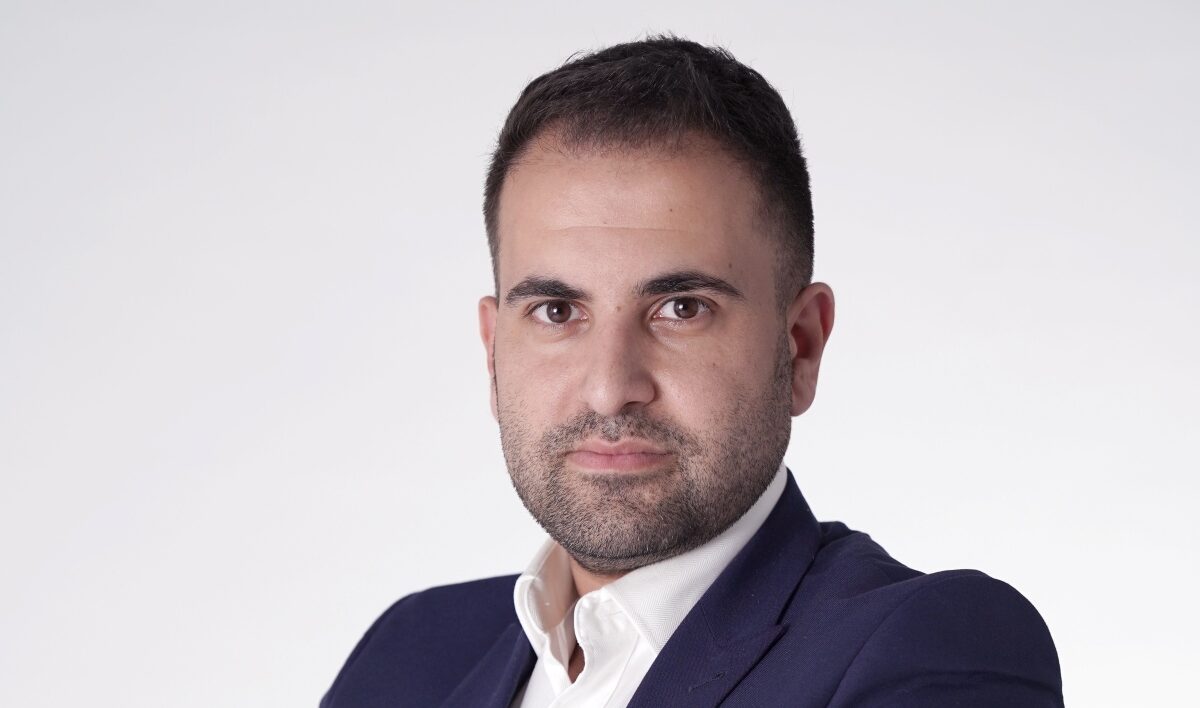
According to Nick Hill, director of Premier Consulting, blockchain technology could be the solution to many of the challenges facing the iGaming industry, including harmful gambling.
In an essay penned on social media, Mr Hill, whose company specialises in producing blockchain solutions for gambling and casino companies, touts the usefulness of the technology saying it is “helping both operators and players deliver more responsible gaming experiences”.
He acknowledges that as the number of people participating in iGaming continues to rise, problems regarding harmful gambling will also grow in scale.
“Harm from gambling is very real, and for some people, leads to significant ill-effect”, he states. “Problem gamblers are six times more likely to have suicidal thoughts and some 19 per cent have considered suicide within the past year – as compared to just 4.1 per cent of the general population”.
This is a problem Mr Hill believes will be compounded by the situation where “current responsible gaming strategies and practices are simply ineffective in actually addressing these harms”.
With regulators under increasing pressure to tackle the problems of responsible gambling, he also warns that the compliance requirements on operators is continuing to ratchet up further.
“Aside from their social responsibility to their customers and communities, operators are now finding this is an increasingly expensive problem”, he says.
How can blockchain help?
Having acknowledged the problems facing the iGaming industry posed by harmful gambling, Mr Hill explains that systems based on blockchain technology could help in a number of ways, most notably by helping to chart the player journey.
“No two players are the same”, he says, and “what might constitute regular betting patterns for one player could signal problems for another”.
Operators can reduce the damage of this with remote gaming servers, customer relationship management systems, and player mapping and protection tools, allowing operators to build dynamic player profiles, Mr Hill explains.
This is where blockchain can come in: “With the help of blockchain tech, a traffic light system can be easily implemented behind the scenes, scoring player behaviour against a certain personal established benchmarks to automatically determine those who may be developing or exhibiting problem gambling behaviours.
“A sudden change in behaviour could move a player from a green light to amber, warranting an intervention from the operator. Or in extreme cases, to red, resulting in immediate action.
“Furthermore because these results are recorded on the blockchain ledger, they can be easily shared with and inspected by regulators at will, providing crucial evidence of compliance for operators in reducing their liability to fines”.
This tech would have additional perks for the player experience, Mr Hill posits, as the additional data collection and analysis facilitated by blockchain could let players be delivered more targeted incentives, based on their playing preferences.
“The process could be entirely automated based on their data profile, delivering a more customised gaming experience for all players”, he suggests.
Regarding self-exclusion, which has the flaw of not allowing players to carry over their gambling history from one operator to another, according to Mr Hill, blockchain can also solve the problem, allowing players to record, monitor and control their own gambling data.
The net result of blockchain in iGaming, he says, “is a safer, more compliant gaming environment that tackles the problems of responsible gambling head on”.
Continue Reading
Together Gaming Solutions plc announces early redemption of its 5.9% unsecure callable bond
These bonds were originally issued in 2019 and scheduled to mature between 2024 and 2026
Maltese-linked Betsolution executives cleared of mafia ties in decade-long Italian case
Domenico Lagrotteria and Alessandro Ciaffi, Italian executives of Betsolution, were arrested in Malta and extradited to Italy in 2015
Evolution to develop online live casino and slots for MONOPOLY and other Hasbro games
Hasbro hands out MONOPOLY licence tokens to a total of four iGaming firms
CasinoBonusesFinder: A fresh look at bonus finding in 2025
Since 2010, online platform CasinoBonusesFinder has helped players answer one essential question: Which casino bonus is truly worth my time?










